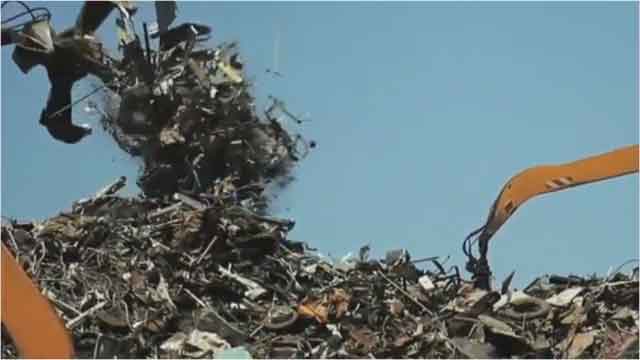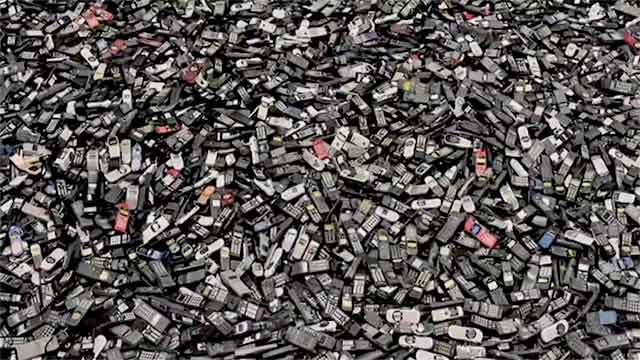Education: Planned Obsolescence
In 1932, industrialist Bernard London formulated one of the most deceptive business strategies of all time – Planned Obsolescence. Making all products weak and inferior on purpose in order to force people to constantly consume. Almost all companies in existence use this dishonest business practice to condition people to repeat purchase.
Planned obsolescence is one of the biggest contributors to waste and inefficiency. Take a look at the massive landfill sites all around the world and you will see that we are on a very destructive path, leading to unprecedented levels of environmental damage.

The very word “consumer” has become an accepted part of our current money-based society. Cyclical consumption, made possible by planned obsolescence, is all about buying badly made stuff, throwing it away after a short amount of time, and then buying the same badly made stuff over and over again. Mobile phones are a perfect example.

Even with our current technology it is possible to make phones last for decades, as software updates (being the only real changes needed) are downloadable. There are countless other examples of planned obsolescence, I’m sure many of them come to mind, based on your own experiences. The most logical way to solve the planned obsolescence problem is firstly by looking at it from a structuralist point of view.
There is a stark contrast between our current money-based society and a resource-based economy.
Our so-called money based economy, whereby hierarchical dominance enables plutocrats to enforce an ideology declaring an artificial resource called money to be valued as more important over everything else, benefits those with the most money – the 1%. This of course is at the expense of the environment and the rest of humanity.
Whereas the possibilities of a resource-based economy, where all people are equal and a true participatory democracy can actually exist for the very first time, with no money to restrict us, seems to be the most commonsense strategy for sustainable planetary/life organization.
A mere analysis of the disaster we call planned obsolescence is not enough. We must all work together to broadcast this important message to all the world’s people.
So what’s the end result of sharing information about a resource based economy? The answer to that would be: superior products, rapid development of science and technology, total efficiency, zero waste, environmental reclamation, and an overall better future.

